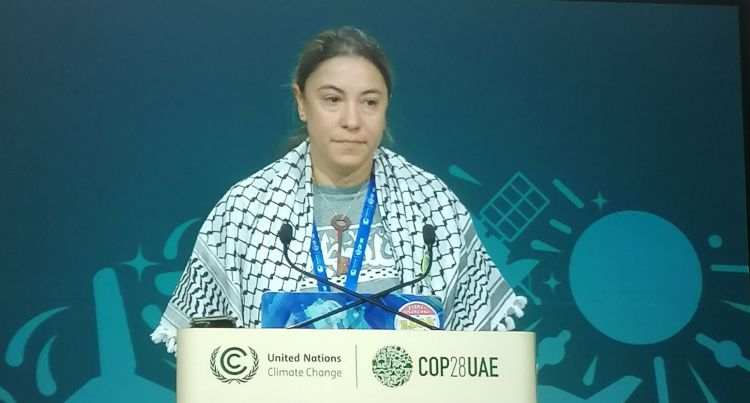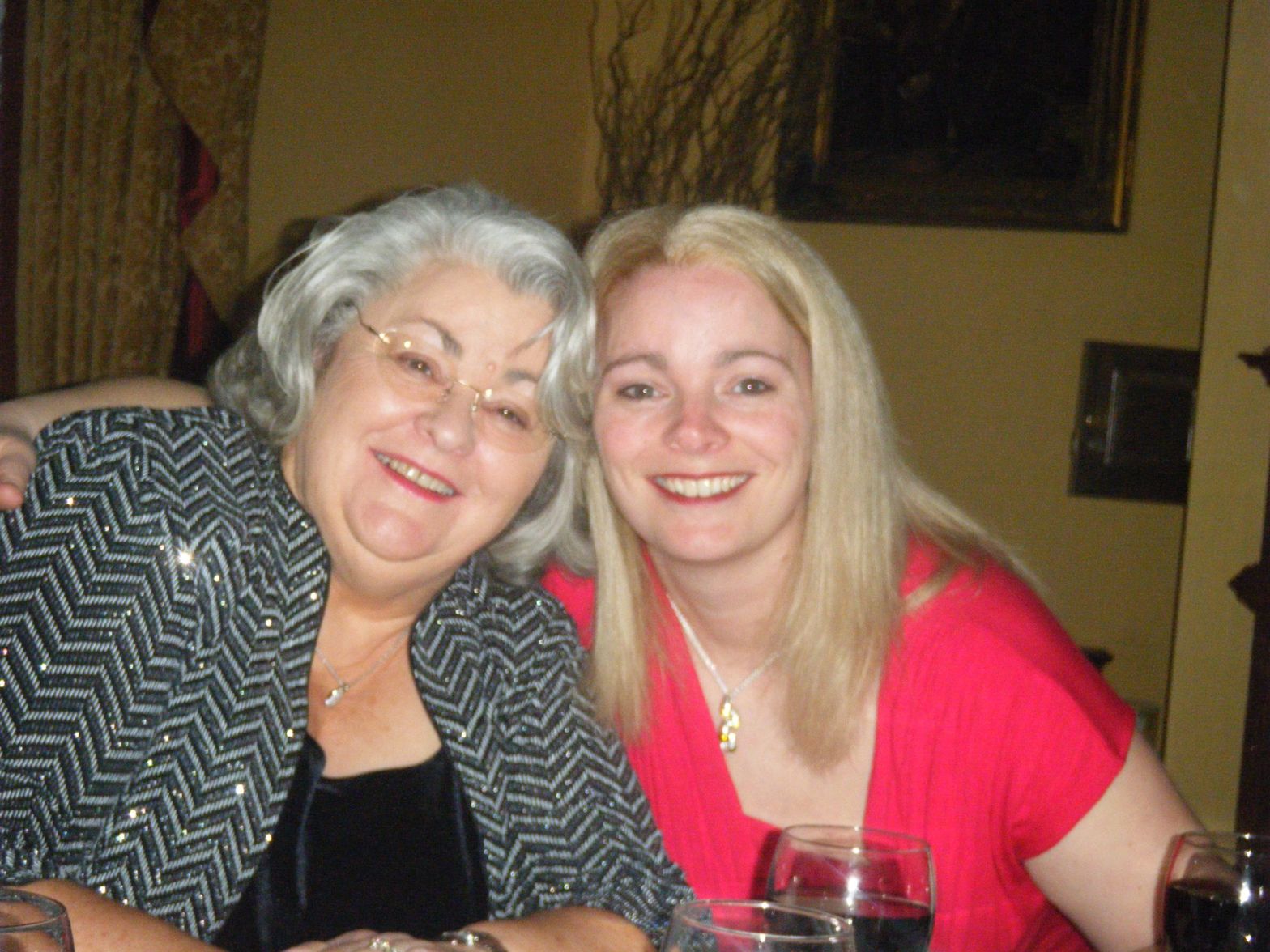My latest dance with academia is with Maynooth University. I was lucky enough to get a place on Community Work in a Changing Ireland, focusing on Feminist Climate Justice. This was my first written assignment, to reflect on climate justice and community work from a feminist perspective:
I have spent many years believing that Climate Justice and Community Work must go hand in hand to ensure a Just Transition. This is a position I have held since 2017 when I read about the Transition Towns movement. The focus of the movement is climate action at community level by building a sustainable social and economic model that exists in harmony with the local environment. The vision evolved from thinking that we could use the opportunity of transitioning away from fossil fuels to cocreate fairer and more just communities. Almost like applying social justice to the climate crisis and anticipating climate justice.
Some of the steps to lower emissions are opportunities to advance community work with people living in energy poverty. Retrofitting homes and providing affordable public transport does help to alleviate the high cost and insecurity that comes with depending on fossil fuels. Intentional action to lower people’s dependence upon fossil fuel in a way that does not make them any worse off and improves their lives is a step towards Climate Justice. Where I live in North Clare the number of buses in our public transport fleet has doubled with some of the routes offering pick-ups and drop offs. These measures were adopted because our population has increased dramatically with an influx of refugees. Climate action, much less climate justice, was not the intention but is a welcome side effect.
Climate Justice has come to mean a lot more to me since 2017. Having attended 3 United Nations Climate Conferences of the Parties (COP) I am very aware of the implications of climate breakdown on the rest of the world. While I may be able to work with my own geographical community to build resilience, a secure food supply, circular economy initiatives, active travel projects, local renewable energy and more, there are communities across the world that do not have the means to do likewise. Not only do they not have the means, but the chances are that the means they may have had were plundered and used to build the economy that my community is built upon.
Applying the formula I have come to adopt at local level does nothing for the most affected in the rest of the world. The inequality gap that has been created by settler colonialism is not being addressed. If anything, the cost of adapting to climate breakdown is pushing the most affected communities further into debt. Those benefiting the least from damage to the environment and climate are the most affected.
At the workshops I attend during COP most of the speakers sharing the harsh reality are women. Our own former President Mary Robinson champions the cause of the most impacted very well and she is a beacon of hope. She provides a platform for most affected communities to tell their stories of climate injustice and they are mostly represented by women. One all woman panel I attended was discussing the role of militarisation in rising global temperatures. War destroys lives and the environment. Industrial war obliterates them and the impact on women is getting worse. The genocide in Palestine was on the agenda of every climate activist at the event because the underlying qualities of care, empathy and compassion do not only apply to one injustice. Likewise, colonialism, industrialisation and greed do not only cause one hardship. They are multipliers and all connected.
The colonial mindset, invading empires plundering and pillaging their conquests, wasting the materials and natural resources they steal, all contribute to the ecological crisis that has polluted our land, water and air. The patriarchal basis of our world has ignored the feminine perspective where empathy and compassion may have resulted in fairer outcomes. Nobody can empathise with a story they aren’t consciously aware of. The genocide in Palestine being one example. We see it every day on social media so it is on our minds and in our hearts. That needs to be the casewith climate breakdown. At an event with Mary Robinson I did suggest to the Minister for Climate Action that Irish communities be twinned with global south communities so that the realities could be shared.
I was raised to appreciate community and believe that it takes a village to raise a child and community to see them through life. I have learned firsthand that being active in community allows us the opportunity to shape its development. Bringing people together in decision making and respecting individuals are key to equality. Being honest, challenging inequality, injustice, exclusion, poverty, and discrimination creates space where people feel heard and trust can build. These are values that help reflect a caring society. Facilitating people to participate affords them a say in their community. It helps to have the skills to listen and mediate to ensure that everyone is heard.
Thankfully, we do have existing structures working together for a better world, to deliver justice and equality in Irish society. We have a network of Family Resource Centres to address disadvantage and support families within the community setting. We have targeted inclusion support for Travellers, early school leavers, migrant groups and more. The people I have met and worked with leading community development share the same values as those working to protect the environment. They care about their community. They address issues causing inequality and exclusion. They advocate for change focused on the local systems. We share a human rights- based approach with fundamental principles including the right of everybody to participate, sustainable development and empowerment. We have a lot in common.
Projects to protect our environment are now being incorporated by official community workers and receiving the funding they need. Community gardens, repair cafes, local markets, pop up thrift shops, retrofit programmes, carpooling groups are just some of the initiatives which bring together climate action and social justice.
However, electric buses in an Irish community powered by devices made using precious metals mined by children in a heavily polluted environment in the global south is not very just. It’s not enough to build our own resilience while those most vulnerable or already impacted do battle with the physical, emotional and economic impacts of our development. I have no doubt that being a woman has led to my deep understanding and passion for all of this. Irelands history as a colony has undoubtedly contributed. To be serious about climate justice we must be the voices for those most affected by climate breakdown and we must fight for their fair share of what has been made of their resources. Acting in our own communities while advocating for climate justice globally.

Life has been very busy over the past 6 months. I decided to swop my beautiful piece of paradise for a home within safer walking distance of the village. We now have footpaths and my children are much more independent. I love to see their friends calling over and the ruckus that ensues as they play boggle or trivia at the kitchen table. I’m hoping we never get fibre broadband and they stop gaming for ever!
I have had little success at job hunting this year. All of the new climate positions I fought very hard to get in every local authority didn’t result in a job for myself. My role of agitating and advocating for radical system change probably didn’t help my cause though 🙂 I do have a temporary contract coming up to keep me busy for a few months.
My Mothers 2nd anniversary is tomorrow. She was tireless in her work to improve the mental health services in Ireland and many other social justice issues. When I take time to consider all that has happened in the past 4 years I am pretty proud of myself. I know she would have been. In all, life is good.
Theresa O’Donohoe
May 21st 2024

Looking forward to reading this Thanks for everything you do xxx
Thanks Joanne